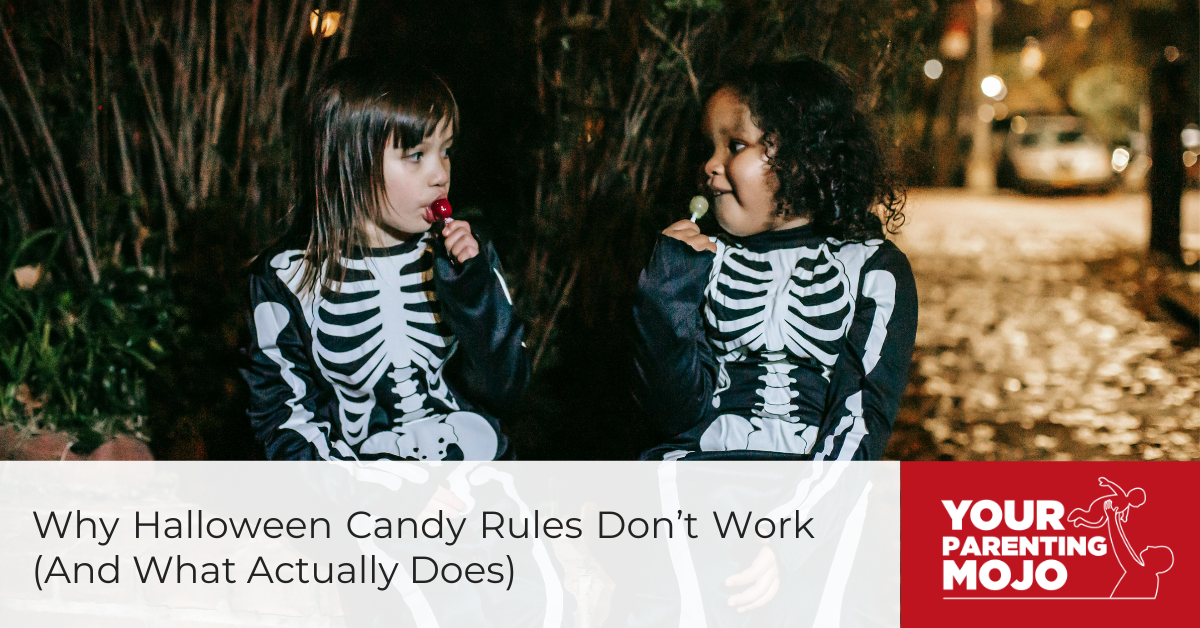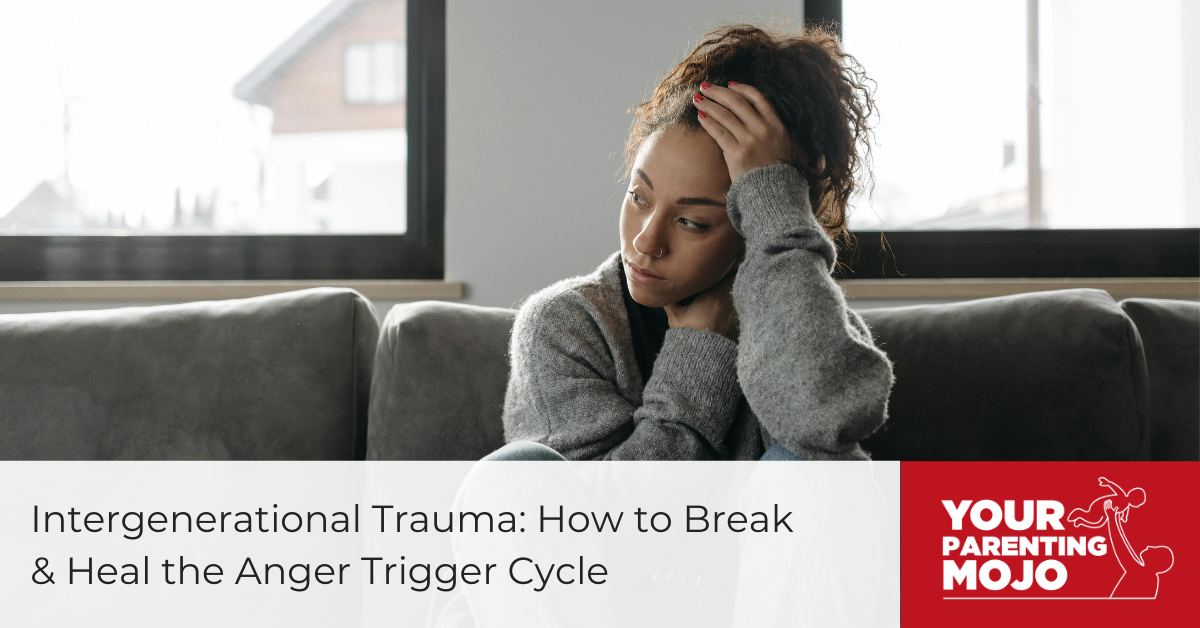Posts by Jen Lumanlan
Why Halloween Candy Rules Don’t Work (And What Actually Does)
Your Halloween candy battles aren’t about sugar. They’re about unmet needs for autonomy and competence. Discover the steps to create agreements that actually work for everyone.
Read Full Post257: I Don’t Enjoy Playing With My Kid: Why It Happens & What To Do
256: Managing Anger as a Parent: The Two Types of Anger You Need to Know
Intergenerational Trauma: How to Break & Heal the Anger Trigger Cycle
When My-Linh Le’s rage suddenly bubbled up during a phone call with her boyfriend, she realized with horror: “I’m just like my mother.” Trauma doesn’t just affect those who experience it directly – it ripples through generations, showing up in unexpected ways in our parenting.
Read Full Post





